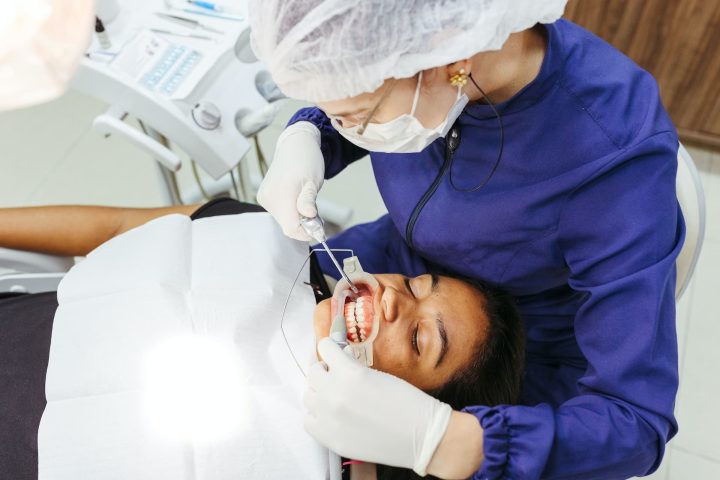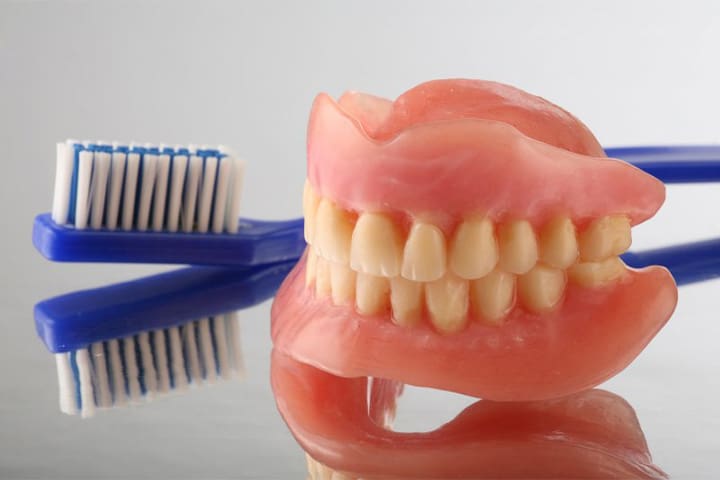Pregnancy is a miraculous and life-changing journey that presents unique challenges to maintaining oral health. As a time of significant hormonal changes, expectant mothers are more susceptible to oral health issues, making comprehensive dental care essential throughout this period.
In this blog post, we will provide a comprehensive guide on maintaining a healthy dental hygiene throughout pregnancy. This includes addressing the most prominent dental concerns expectant mothers may face, understanding the effects of pregnancy hormones on oral health, and adopting appropriate dental care practices for this critical life stage. With our guidance and expertise, you can confidently navigate your pregnancy journey, safeguarding your oral health and instilling a strong foundation for your growing family.
Hormonal Changes and Oral Health During Pregnancy
Expectant mothers experience significant hormonal changes throughout pregnancy, which can directly impact their oral health. Understanding the effects of these hormonal shifts is key to maintaining good dental hygiene during this transformative time:
1. Gingivitis: Increased levels of progesterone can lead to a heightened inflammatory response in the gums, making them more susceptible to gingivitis. This condition may cause red, swollen, and bleeding gums, and if left untreated, could progress to periodontal disease.
2. Pregnancy Epulis: Hormonal shifts may cause the development of a non-cancerous growth known as a pregnancy epulis or pyogenic granuloma. These growths generally disappear after pregnancy but may need to be removed if they persist.
3. Tooth Decay: Pregnancy cravings for sugary foods, coupled with increased acidity in the mouth, can elevate the risk of tooth decay during this period.
Preventive Dental Care Practices for Expectant Mothers
Adopting proper preventive dental care practices during pregnancy can help alleviate the risk of oral health issues and ensure a strong dental foundation for both mother and baby:
1. Regular Dental Checkups: Schedule routine visits to Waban Dental Group – Adult Dentistry to assess your oral health and address concerns related to gingivitis or tooth decay during pregnancy.
2. Proper Brushing and Flossing: Brushing twice a day with fluoride toothpaste, and flossing at least once daily, helps remove plaque buildup and prevent tooth decay and gingivitis.
3. Eating a Balanced Diet: Consuming a healthy, well-balanced diet rich in essential nutrients supports strong teeth and bones for both mother and baby.
Dental Procedures During Pregnancy
It is important to understand the safety and necessity of dental procedures during pregnancy, as well as the potential risks associated with delaying dental care:
1. Routine Dental Work: Dental cleanings and exams are safe throughout pregnancy and can help prevent gingivitis and tooth decay. Inform Waban Dental Group – Adult Dentistry of your pregnancy so that our dental professionals can provide the appropriate care.
2. Elective Procedures: Non-urgent dental procedures, such as cosmetic treatments, should generally be postponed until after pregnancy.
3. X-Rays and Anesthesia: Although the risk to the fetus is minimal, dental X-rays are typically avoided during pregnancy unless absolutely necessary. If an X-ray is required, proper shielding will be used to minimize exposure. Similarly, local anesthesia can be safely administered during pregnancy with consultation from your healthcare provider.
Managing Common Dental Concerns During Pregnancy
Expectant mothers may experience dental challenges throughout pregnancy. Becoming familiar with these common concerns and understanding how to manage them can significantly improve your oral health and well-being:
1. Morning Sickness and Acid Erosion: Frequent vomiting due to morning sickness can expose teeth to stomach acids, which could cause enamel erosion and tooth sensitivity. After an episode of morning sickness, rinse your mouth with water or a diluted baking soda solution to neutralize the acids. Refrain from brushing immediately after vomiting, as it may cause further enamel erosion.
2. Dry Mouth: Hormonal changes may lead to dry mouth, creating a breeding ground for harmful bacteria and increasing the chances of tooth decay and gum disease. Sip water regularly and suck on sugar-free candies or chew sugar-free gum to manage dry mouth symptoms during pregnancy.
3. Cravings: Pregnancy cravings can sometimes include sugary or acidic foods, which can increase the risk of tooth decay. Opt for healthier alternatives when possible, and maintain proper dental hygiene to counteract the effects of these cravings.
Conclusion
Maintaining excellent dental health throughout pregnancy is essential for both the expectant mother and her growing baby. Waban Dental Group – Adult Dentistry remains unwavering in our dedication to providing exceptional care and tailored content, using our conservative language to address the unique dental needs of our valued clients. Armed with the insights and strategies presented in this comprehensive guide, you can confidently navigate your pregnancy journey, knowing that your oral health is safeguarded and nurtured by expert dental professionals. Embrace this miraculous chapter of life with the assurance that your dental well-being is in the most capable hands, and experience the peace of mind that comes with a radiant and lasting smile.









